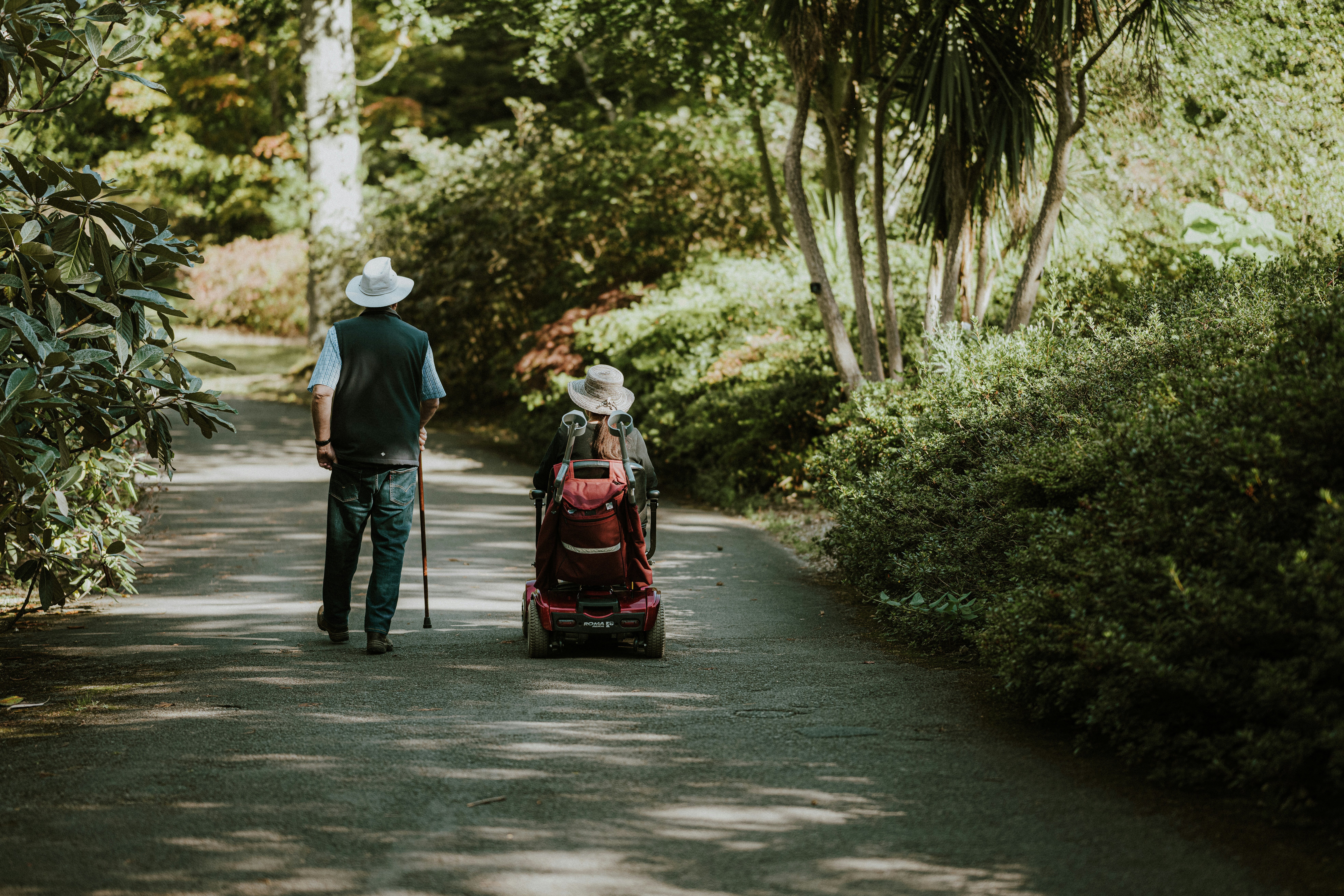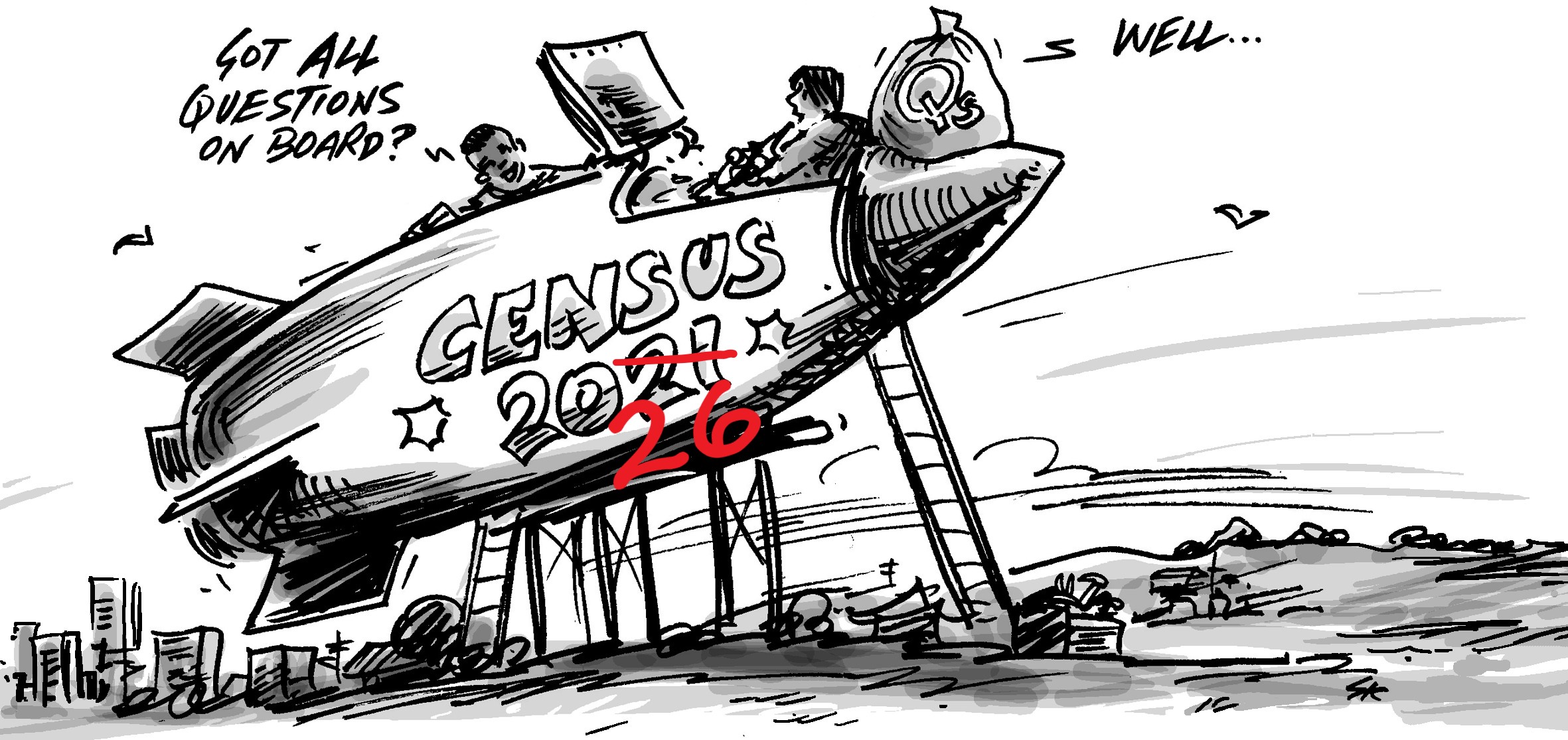In just over a month, the 18th national Census of Population and Housing will happen. Census night is August 10th, 2021. In a previous post, Glenn went through some of the background to Census, why we have it, and how to complete it. This article looks at what’s new and different this Census.
Keep up-to-date on all Census 2021 news.
New content
The ABS makes adjustments to both the content and procedures of the Census each time, with the aims of better coverage and improving the output to represent contemporary issues in the population. The main considerations are that
- the Census remains relevant
- the questions are simple to answer on a self-responded questionnaire, and
- there is a need for the information at small area and small population group level (which is what the Census is best at).
They also try to make the questions not too intrusive or controversial, so that most people would have no issue answering them.
We covered some of the new content as part of the extensive consultation process the ABS did in 2018 and 2019. The final inclusions were released late last year.
To recap:
- There is a new question for everyone on long-term health conditions. Eagerly awaited, we will be able to get data at the small area level for the first time on whether people have chronic health issues like asthma, diabetes, high blood pressure, mental health etc. The ability to correlate this with socio-economic status will be extremely useful, as will be the ability to map it to pinpoint vulnerable communities. It will be only the second health-related question on the Census, after “Need for assistance”. This topic will definitely form part of our profile.id and atlas.id toolkit.
- The other new question is about service (past or current) in the Australian Defence Force. We haven’t had much response to the need for this one from our clients, so if you’d like it included, let us know.
- The “Sex” question will no longer be just Male and Female, but will have a non-binary option. Most data will still be released as male and female only, however ABS are expected to release some analysis of non-binary responses.
- The broader questions on gender identity and sexual orientation which were proposed didn’t make it into the Census due to the difficulty collecting these and privacy concerns. Same-sex couples questions are not specifically asked but data can be derived from the answers to the “Relationship in Household” question.
- The question asked in the past three Censuses about Internet Access at home has been dropped. There will be no information on this from the 2021 Census.
- There will be some further minor adjustments to classifications and wording of some questions but no other major changes.
New field procedures
While most households will receive an online code in the mail, there will be a letter included which allows you to call up the ABS and request a paper form (and mailback envelope) if you prefer to complete the form that way. The paper forms will also be delivered automatically to some areas including remote communities, places with poor internet coverage and very elderly populations who are less likely to use the internet.
The ABS has completely changed the recruitment process for field staff in 2021. Previously, ABS staff directly recruited area supervisors (now known as field managers), and those supervisors interviewed and recommended for employment Census collectors (now known as field officers). This year, recruitment has been outsourced to a labour hire company, Adecco, who directly recruit both the managers and field officers. It is a significant change, and our only concern is how up-to-date an external organisation is on the importance of Census, or the unique skills required for this work. We are yet to see how this will play out in the quality of field staff – it’s always a difficult job recruiting such a large temporary workforce.
The role played by field staff is also different to previously (following on from changes in 2016). In most areas, codes to access the online form are being mailed out to every address, so there is no need for staff to deliver forms. Most of the work is after Census night: following up on households who have not responded and collecting from the non-private dwellings (eg. hospitals, aged care, hotels).
If you are interested in working on the Census, field officer positions are still open. It’s a great way to help your community and see your local area. I’ve done it twice before, and been an area supervisor twice as well.
COVID-19 procedures
Of course we are still in the middle of a pandemic, which is not something we’ve had to grapple with in a Census before.
With the ABS mailing out codes – and expecting around 75% online return – field officers’ contact with the public will be a lot less than it has needed to be before. But there is still some need for contact.
The standard COVID-safe measures such as social distancing, mask wearing and hand hygiene will be reinforced with Census staff. The ABS have also drawn up contingencies in case there’s an outbreak around Census day or in the collection period. They do have to monitor advice from each state and territory health department, so this is quite a logistical exercise. (And the way we’re going at the moment, there is likely to be an outbreak happening somewhere around that time!)
You can see the procedures ABS staff are following for COVID-19 safety on their website.
There are also special procedures to count people in hotel quarantine – these will of course need to be contactless, and likely done online.
Lockdowns could cause issues with followups. If field officers can’t get out to households who haven’t responded, there could be an undercount in certain areas. The ABS haven’t released how long the online form or collection will be open until (probably because they are initially promoting the message that you should fill in the form as soon as possible), but if it’s similar to last time, the form was open to late September, so this would give plenty of time to pause collection in the type of short lockdowns (a few days to 2 weeks) we’ve been having this year. It could be a problem if anything approaching Melbourne’s 112 day lockdown in 2020 happened again – and that did occur right at what would’ve been Census time if it had been conducted last year. Sydney is in lockdown at the time of writing and if this continues through to Census it could present similar issues.
Potential impacts of COVID-19 restrictions on Census data
It’s interesting to consider how lockdowns and other restrictions may afffect the data. With no overseas travel, most Australians will be counted in the country – quite different to previous counts. Any areas under lockdown on Census night are likely to have a far higher proportion of people counted at home on the night than in previous years. Lockdowns could further bump up the Census numbers in residential areas and reduce them in holiday areas.
Note that this won’t affect the official population count, which already factors in people overseas. 95% of people are generally counted at home anyway; Census night is chosen as a Tuesday night in winter outside school holidays for a reason. Nevertheless, lockdowns may mean that local travel is less likely, and this may be uneven across the country if some areas are experiencing an outbreak and not others.
Some of the questions ask about employment and hours worked over the past two weeks, and how the employed person got to work on Census day. We’re expecting a large increase in people working from home in this Census anyway (only 4.7% of all employed people did in 2016), particularly in Victoria where it’s become far more standard even outside lockdowns. But anywhere in lockdown with stay-at-home orders will also have a much higher percentage of people working no hours, and people working from home on Census day, so this is likely to produce much more uneven data across the country for these characteristics.
Census is almost here – get excited!
The best thing everyone can do to ensure the Census goes smoothly is to fill in your own Census form online using the code which the ABS sends. We encourage everyone to complete the Census accurately as it’s a resource which is so widely used and so important to Australia’s future. Encourage others to get their Census done as well, and let’s see if we can do better than the 95% return from 2016!
There is also a question on the Census about the National Archives, asking whether or not the person consents to having their name and address information securely stored and released in 99 years (the year 2120 – how futuristic does that sound?). I’ll certainly be marking the “Yes” box for this one. Having started looking at genealogy and how useful old Censuses are at tracing your family tree, it’s a great way to leave a legacy and let your descendants know who you were in 2021!
Coming soon: my traditional “Crystal Ball Gazing” – top 10 predictions for the results we’ll see from the 2021 Census.









